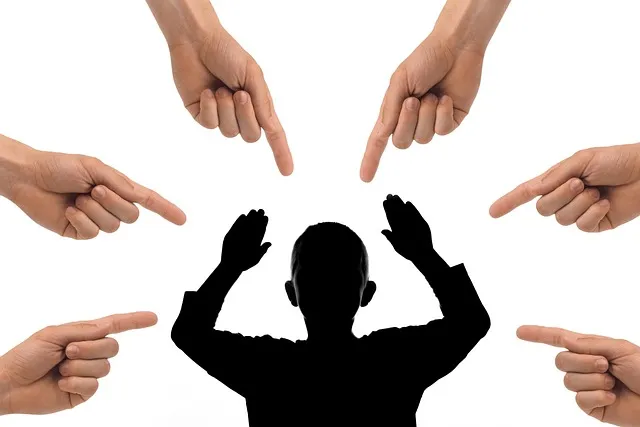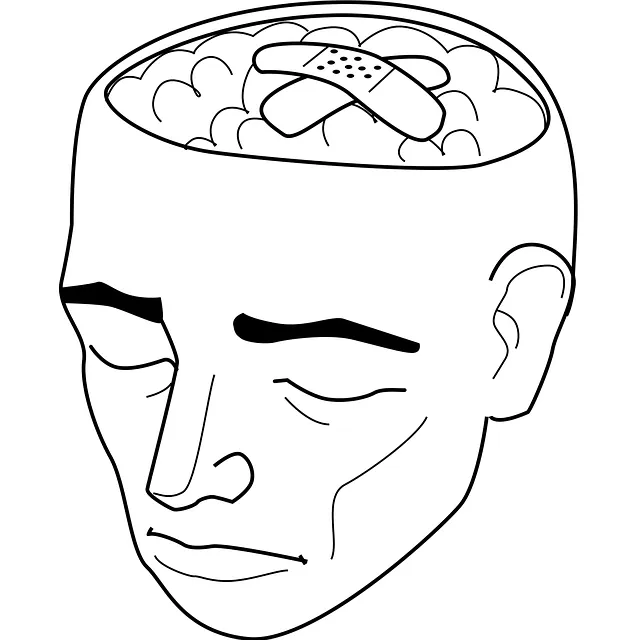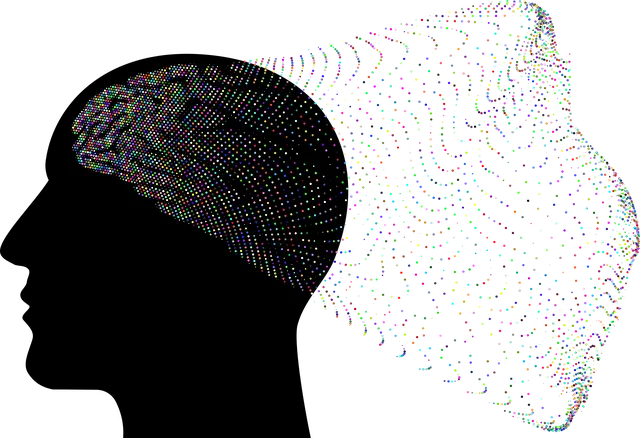Media portrayal significantly shapes societal attitudes towards mental health, either positively by promoting understanding or negatively by perpetuating stereotypes and discrimination. Castle Rock Kaiser's innovative mental health classes focus on cultural sensitivity, resilience building, and stress management, fostering an inclusive environment for individuals with mental illnesses. These classes challenge stereotypical narratives through education, empathy, and early intervention, empowering participants to seek help and revolutionizing community perceptions of mental wellness. By collaborating with institutions like Castle Rock Kaiser, media organizations can enhance accountability, reduce stigma, and promote authentic representations of mental health issues.
In today’s media landscape, the representation of mental illness is a powerful tool that can either perpetuate harmful stereotypes or foster understanding and empathy. This article delves into the significant impact of media portrayal on public perception of mental health, exploring how shows, movies, and news articles often contribute to the stigma surrounding mental illness. We examine the role of Castle Rock Kaiser mental health classes in promoting accurate representation and present strategies for enhancing media accountability. By advocating for diverse, empathetic narratives, we aim to empower positive change in how mental illness is depicted.
- Understanding the Impact of Media Portrayal on Mental Health Perception
- Exploring the Stigma and Stereotypes Associated with Mental Illness in Popular Culture
- The Role of Castle Rock Kaiser Mental Health Classes in Promoting Accurate Representation
- Strategies for Enhancing Media Accountability and Responsiveness to Mental Health Issues
- Empowering Positive Change: A Call for Diverse and Empathic Media Narratives
Understanding the Impact of Media Portrayal on Mental Health Perception

Media portrayal plays a significant role in shaping societal perceptions about mental health. The way mental illness is depicted in films, TV shows, and news articles can either promote understanding and reduce stigma or perpetuate harmful stereotypes. For instance, limited or inaccurate representations in media often lead to misconceptions, causing individuals with mental health challenges to face discrimination and social isolation. This is particularly concerning as media has a vast reach, influencing public opinion and shaping how people view themselves or others struggling with mental health issues.
At Castle Rock Kaiser mental health classes, the focus on Cultural Sensitivity in Mental Healthcare Practice is essential to address these challenges. By recognizing and understanding the diverse cultural backgrounds of individuals seeking help, healthcare providers can offer more personalized and effective treatments. These classes emphasize the importance of resilience building and stress management techniques, which are crucial tools to empower individuals facing mental health struggles. Through education and awareness, the community can move towards a more supportive and inclusive environment, where those with mental illnesses are treated with compassion and dignity.
Exploring the Stigma and Stereotypes Associated with Mental Illness in Popular Culture

In popular culture, mental illness is often portrayed through a lens of stigma and stereotypes. Movies and TV shows frequently depict characters with severe disorders as either dangerous or tragic figures, reinforcing outdated and inaccurate beliefs. This representation not only fails to capture the complexity of mental health but also contributes to the marginalization of individuals already struggling. For instance, the portrayal of schizophrenia in many films often focuses on violent outbursts, ignoring the vast range of symptoms and experiences that vary widely from person to person.
At Castle Rock Kaiser, mental health classes aim to challenge these narratives by promoting understanding and empathy. Through educational initiatives, they encourage the development of coping skills and provide a space for open dialogue about mental illness. This is especially crucial in training healthcare providers through programs like the Risk Assessment for Mental Health Professionals and Healthcare Provider Cultural Competency Training, ensuring they are equipped to offer accurate support and compassionate care while navigating complex patient scenarios.
The Role of Castle Rock Kaiser Mental Health Classes in Promoting Accurate Representation

Castle Rock Kaiser mental health classes play a pivotal role in promoting accurate representation and challenging stereotypes surrounding mental illness. These classes, designed to educate and raise awareness, offer a platform for open discussions on various mental health topics. Through interactive sessions, participants gain insights into different forms of mental illness, fostering empathy and understanding. By demystifying these conditions, the classes contribute to breaking down the mental illness stigma and encouraging early intervention.
The curriculum often incorporates practices like Mindfulness Meditation, which not only promotes self-care but also helps individuals develop coping mechanisms. Moreover, these classes facilitate access to trauma support services, addressing a common yet often overlooked aspect of mental health. Such initiatives are game-changers in the fight against the mental illness stigma and in fostering an environment where seeking help is normalized.
Strategies for Enhancing Media Accountability and Responsiveness to Mental Health Issues

In an era where media plays a pivotal role in shaping societal perceptions, it’s imperative that mental health issues are portrayed accurately and sensitively. One effective strategy to enhance media accountability is through collaborative efforts with renowned institutions like Castle Rock Kaiser, which offers comprehensive mental health classes. By involving experts and professionals in the creation process, media outlets can ensure the authenticity of their content, promoting a deeper understanding of various mental health conditions among the audience. Encouraging open dialogues about mental wellness can significantly reduce the stigma associated with seeking help, prompting viewers to prioritize their psychological well-being.
Additionally, implementing interactive initiatives like public awareness campaigns and community discussions can further strengthen this responsibility. These platforms can educate people on recognizing early signs of mental distress and provide them with effective Stress Reduction Methods. Moreover, media organizations should prioritize thorough Risk Assessment for Mental Health Professionals to ensure the safety and ethical treatment of individuals featured in their content, fostering a more inclusive and supportive narrative around mental illness.
Empowering Positive Change: A Call for Diverse and Empathic Media Narratives

In today’s digital era, media plays a pivotal role in shaping societal perceptions about mental health. It has the power to either perpetuate harmful stereotypes or foster understanding and empathy. The representation of mental illness in narratives across various platforms can significantly influence public opinion and encourage positive change. By showcasing diverse characters with authentic experiences, media can challenge stigmatized views and promote a culture of support.
The call for more inclusive and empathic media narratives is not just a matter of artistic expression; it is a crucial step towards enhancing mental health education. Organizations like Castle Rock Kaiser recognize this need and offer mental health classes designed to empower individuals with knowledge about depression prevention and mood management. Through compelling stories, media can inspire conversations, encourage help-seeking behaviors, and ultimately contribute to the design of more effective Mental Health Education Programs.
In challenging the stereotypical representation of mental illness in media, we must recognize the significant impact of these narratives on public perception. The Castle Rock Kaiser mental health classes serve as a model for promoting accurate and empathetic portrayals. By implementing strategies to enhance media accountability, we can foster a more nuanced understanding of mental health issues. It is imperative to move towards diverse and positive media narratives that reflect the reality of those living with mental illness, thereby reducing stigma and encouraging support.






